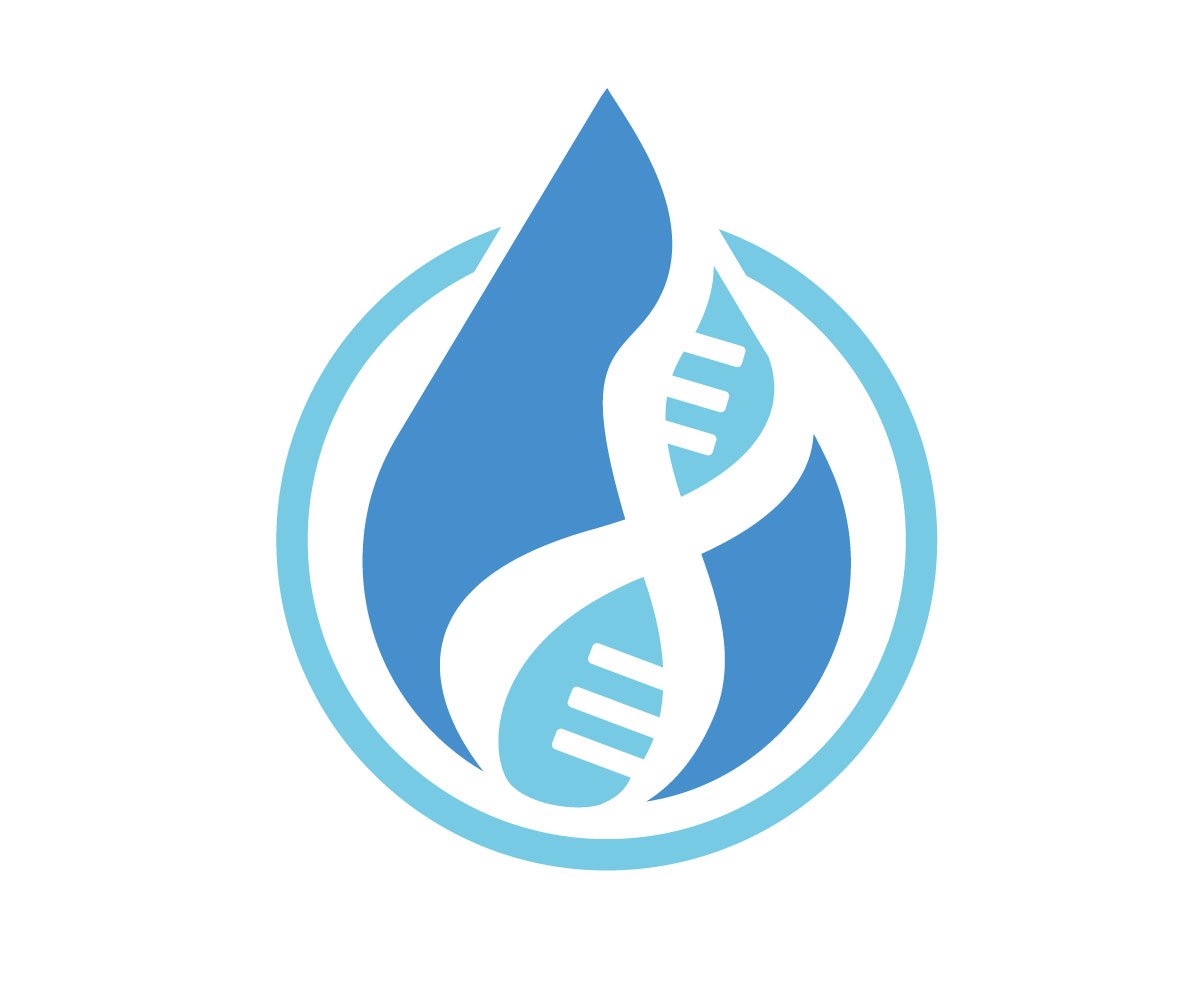
Welcome to Our Blog
Search Topics
- NPE 39
- DNA Surprise 38
- DNA 32
- DNA Discovery 28
- Adoption 22
- Direct to Consumer DNA 19
- Misattributed Parentage 18
- Adoptees 17
- Ancestry Testing 17
- Donor Conception 14
- Family Search 14
- Home DNA Test 14
- Medical Genetics 14
- 23andMe 12
- Genetic Counselor 12
- Podcast 12
- Biological Family 10
- Genetics 10
- DNA Test 9
- At Home Testing 8
- Family History 8
- Genetic Genealogy 8
- Sperm Donation 8
- DNA Shocks 7
- Genetic Counseling 7
- Raw Data 7
- Biological Father 6
- DNA Support 6
- Donor Conceived 6
- Genetic Testing 6
- Promethease 6
- ROH 6
- Alzheimer 5
- DNA Guide for Adoptees 5
- DNA Podcast 5
- Family 5
- Paternity 5
- Stem Cell Transplant 5
- Support Group 5
- DTC Genetics 4
- Egg Donation 4
- Family Health History 4
- Family Secrets 4
- GEDMatch 4
- Non-Paternity 4
- Research 4
- Resources 4
- Birth Parents 3
- Cousin Couples 3
- Not Parent Expected 3
Genetic DNA Testing and Alzheimer’s Disease
Watershed DNA’s founder Brianne Kirkpatrick shares advice on what to do when you receive your genetic DNA testing report.
Open Your at-Home DNA Alzheimer’s Report When You’re Already on the Phone With a Genetic Counselor
Panic doesn’t have to be part of the equation if you find out you have an elevated risk of developing alzheimer’s disease.
Should You Do a Home DNA Test for Alzheimer’s?
We don't know and understand all the factors that cause Alzheimer's yet, so while genetic testing can be helpful, it oftentimes won't be able to tell the whole story.
Need Help Fighting the Urge to Open Your Alzheimer’s Disease Risk Report?
Fighting the urge to find out your APOE status from a 23andMe genetic risk report is impossible for some. Even with multiple layers of warnings a customer goes through to be able to view the report, it's easy to click boxes and breeze through to your report in less than a minute.
Alzheimer’s Disease - Key Points to Know in Light of the New 23andMe Reports
Jamie is a board certified and licensed genetic counselor. She provides genetic counseling to people and families with or at risk for inherited neurodegenerative disease, including Alzheimer’s disease, frontotemporal dementia, prion disease, Huntington’s disease, amytrophic lateral sclerosis, and ataxia.






